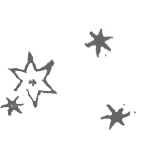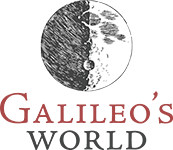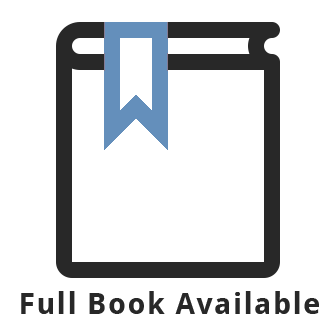Galileo and Experimentation
Sep 25, 2015 - July 31, 2016
Galileo’s experiments and innovative scientific instruments opened up new worlds of discovery. His thermoscope facilitated quantitative comparison of temperatures over time and under varying circumstances. When Ferdinand II de Medici founded the Academy of Experiment, or Accademia del Cimento, in Florence, further experimentation of Galileo’s successors using the thermometer, barometer and air pump led to advances in meteorology, physics, chemistry and cosmology.
Explore the Topic
Supplemental resources for a rich educational experience
 |
Meteorology Experimental meteorology was inaugurated by the Accademia del Cimento. |
 |
Accademia del Cimento The Accademia del Cimento was Europe's first scientific society. |
 |
Saggi di Naturali Esperienze Learn more about the lavishly illustrated publication of the Saggi di naturali esperienze. |
 |
Barometer Learn more about the barometer, an instrument for "weighing" air. |
 |
Torricelli’s Barometric Experiment Learn more about Torricelli's celebrated barometric experiment. |
 |
Pascal’s Barometric Experiment Learn more about Pascal's barometric experiment. |
 |
Weather Forecasting Measuring atmospheric pressure is one of the essential operations in weather-forecasting. |
 |
From the Thermoscope to the Thermometer Learn more about the development of Thermoscope all the way to the Thermometer. |
 |
Pneumatics Learn more about pneumatics, which emerged as a rigorously scientific discipline in the 17th century |
 |
Galileo's World Exhibit Guide iBook companion to the Galileo's World exhibition |







